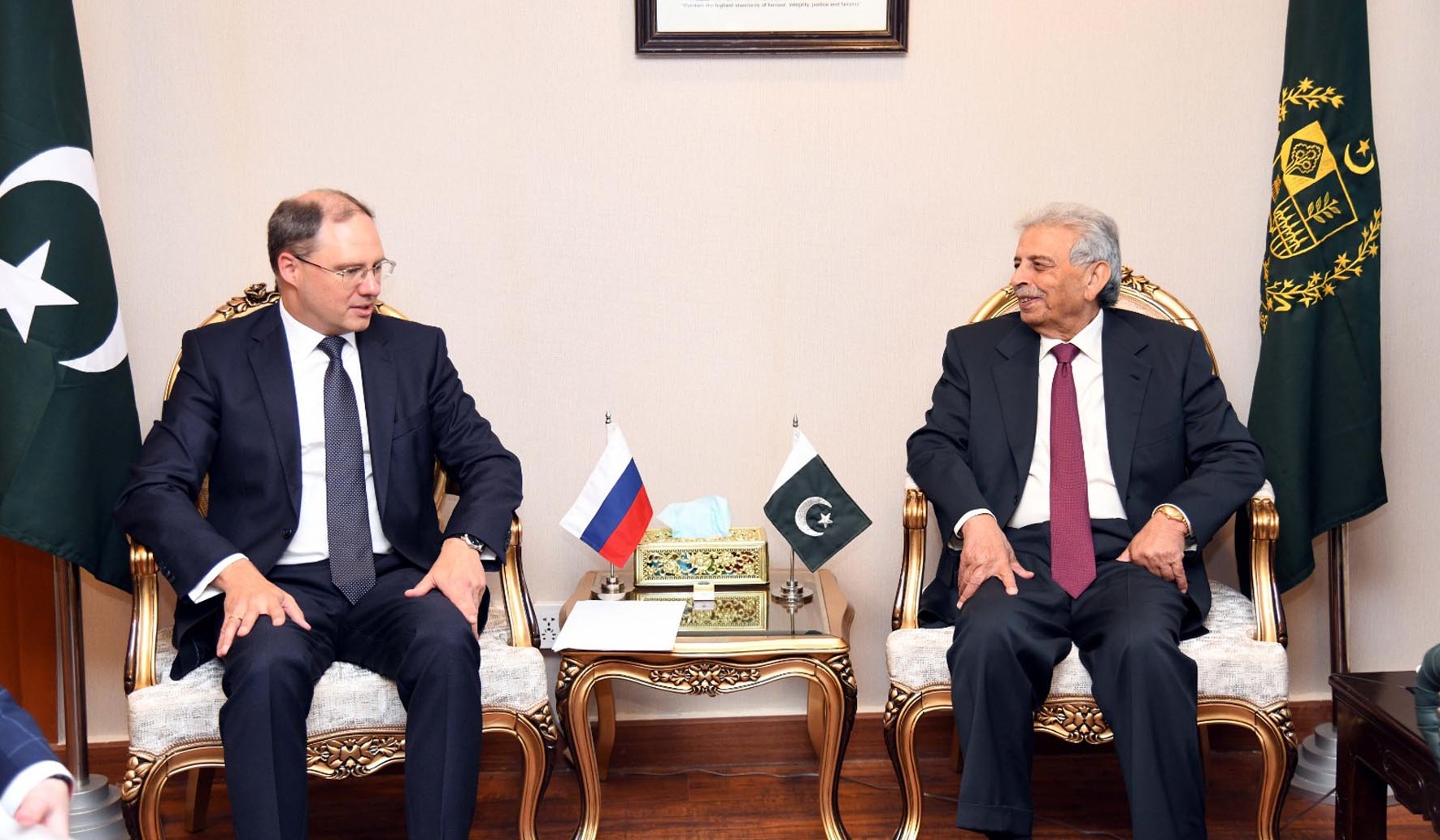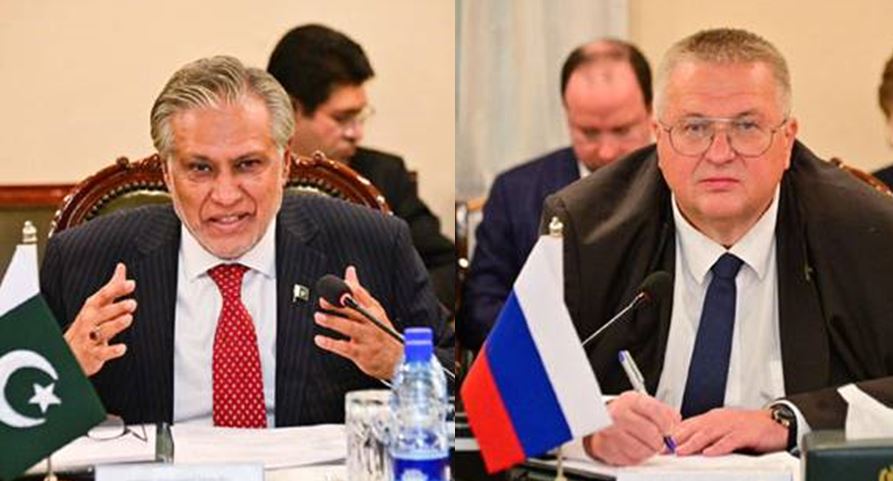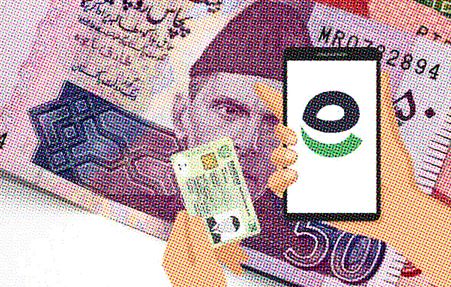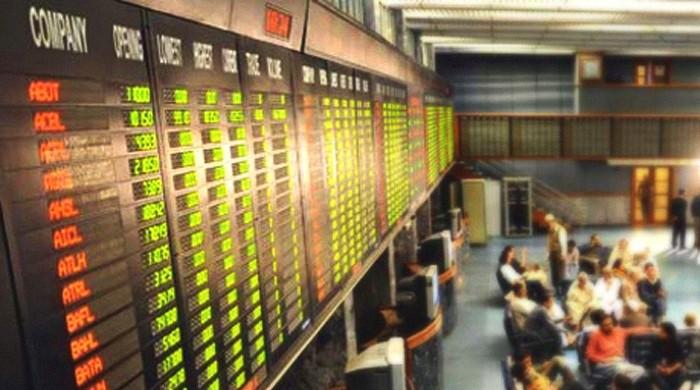KARACHI:
The landscape of Pakistan’s economy has been significantly reshaped by the burgeoning freelance sector, which has emerged as a vital force in the nation’s economic narrative. The proliferation of freelancers in Pakistan is not merely a trend but a transformative movement that has redefined the traditional employment paradigm. With over 1.5 million freelancers contributing to the economy, Pakistan has witnessed a surge in digital entrepreneurship and a diversification of its economic activities.
Recent data from the State Bank of Pakistan (SBP) highlights the importance of the freelance sector in bolstering the country’s foreign exchange reserves. In the fiscal year 2023-24, IT and IT-enabled services, a large component of the freelance economy, contributed over $3.2 billion to the country’s export earnings. This marks a 24% year-on-year increase, amounting to an additional $627 million compared to the previous fiscal year.
The freelance ecosystem in Pakistan is characterised by dynamic growth, with reports indicating a 70% increase in the freelance workforce since 2016. This exponential rise is a testament to the adaptability and entrepreneurial spirit of Pakistani youth, who have embraced the digital gig economy as a means to circumvent the constraints of the conventional job market. The flexibility and autonomy offered by freelancing have not only attracted the youth but have also empowered women, who now have the opportunity to participate in the workforce without the limitations imposed by traditional roles.
According to the World Bank, Pakistan’s labour force participation rate for women remains below 25%, but freelancing offers a unique opportunity to bridge this gap. Many women are entering the workforce through digital platforms, contributing to household incomes and enhancing economic stability at the grassroots level. This shift is particularly important in rural and conservative regions, where traditional employment opportunities for women are limited.
Freelancers have become a significant source of income for Pakistan, generating over $1 billion annually, as reported by the Pakistan Software Export Board (PSEB). This influx of revenue has a multiplier effect, stimulating local businesses and fostering job creation. The freelance industry has been instrumental in job creation, with over 100,000 jobs attributed to this sector. The impact of freelancing extends beyond immediate financial gains; it cultivates a diverse set of in-demand skills among the populace, thereby enhancing the overall human capital of the nation.
The digital revolution in Pakistan has also paved the way for a new breed of micro-entrepreneurs. Many freelancers have transitioned into establishing their own agencies and startups, further contributing to economic growth and innovation. This entrepreneurial shift is not only creating new jobs but also fostering a culture of self-reliance and economic resilience.
Despite the positive trajectory, the freelance sector in Pakistan faces significant challenges. Internet disruptions remain a critical issue, as highlighted by the SBP, which reported that consistent internet services are crucial for maintaining the momentum of export-oriented digital services. Additionally, the lack of reliable payment gateways like PayPal severely limits the potential of freelancers to scale their businesses. The World Bank has noted that the absence of such facilities places Pakistani freelancers at a disadvantage in the global market, as they struggle with higher transaction costs and delayed payments through alternative channels.
The rising cost of electricity and frequent power outages have exacerbated operational difficulties for freelancers. The National Electric Power Regulatory Authority (NEPRA) has reported that electricity prices have surged by nearly 30% year-on-year as of August 2024, increasing the operational costs for freelancers who rely heavily on uninterrupted power supplies for their work. This situation is further compounded by inflationary pressures that have reduced disposable incomes and increased the cost of living, making it difficult for freelancers to invest in necessary equipment and software.
The freelance economy in Pakistan is a beacon of hope and a catalyst for change. It has the potential to significantly contribute to the country’s GDP, empower the youth and women, and drive Pakistan towards a more diversified and robust digital economy. However, for this sector to reach its full potential, there needs to be a concerted effort to address the challenges it faces. This includes improving digital infrastructure, establishing reliable payment systems, and stabilising energy costs. The figures and projections cited from authoritative sources such as the State Bank of Pakistan, World Bank, and other key institutions underscore the transformative impact of freelancing on Pakistan’s economy and its potential to contribute even more profoundly in the years to come.
THE WRITER IS A MEMBER OF PEC AND HAS A MASTER’S IN ENGINEERING


 Technology6 مہینے ago
Technology6 مہینے ago
 Pakistan7 مہینے ago
Pakistan7 مہینے ago
 Sports6 مہینے ago
Sports6 مہینے ago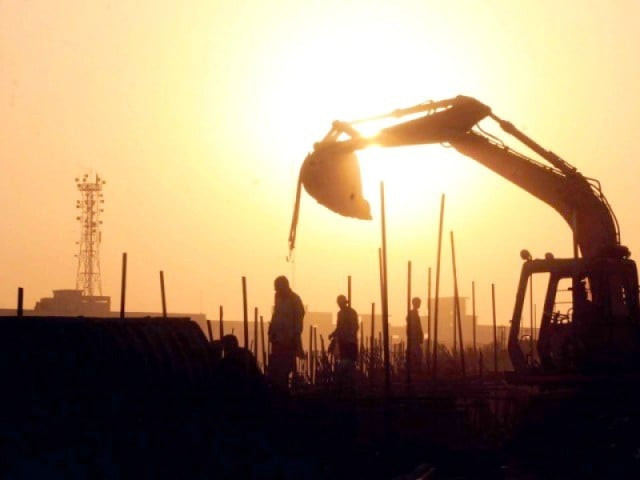
 Pakistan6 مہینے ago
Pakistan6 مہینے ago
 Entertainment6 مہینے ago
Entertainment6 مہینے ago
 Pakistan6 مہینے ago
Pakistan6 مہینے ago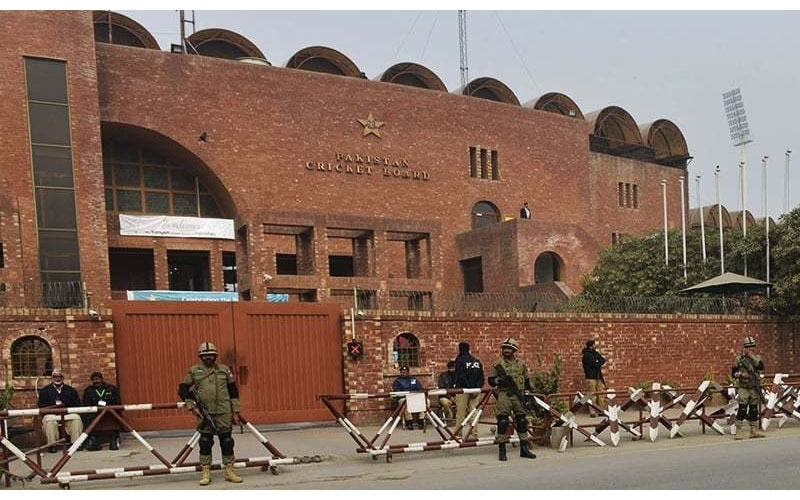
 Sports5 مہینے ago
Sports5 مہینے ago
 Pakistan6 مہینے ago
Pakistan6 مہینے ago
